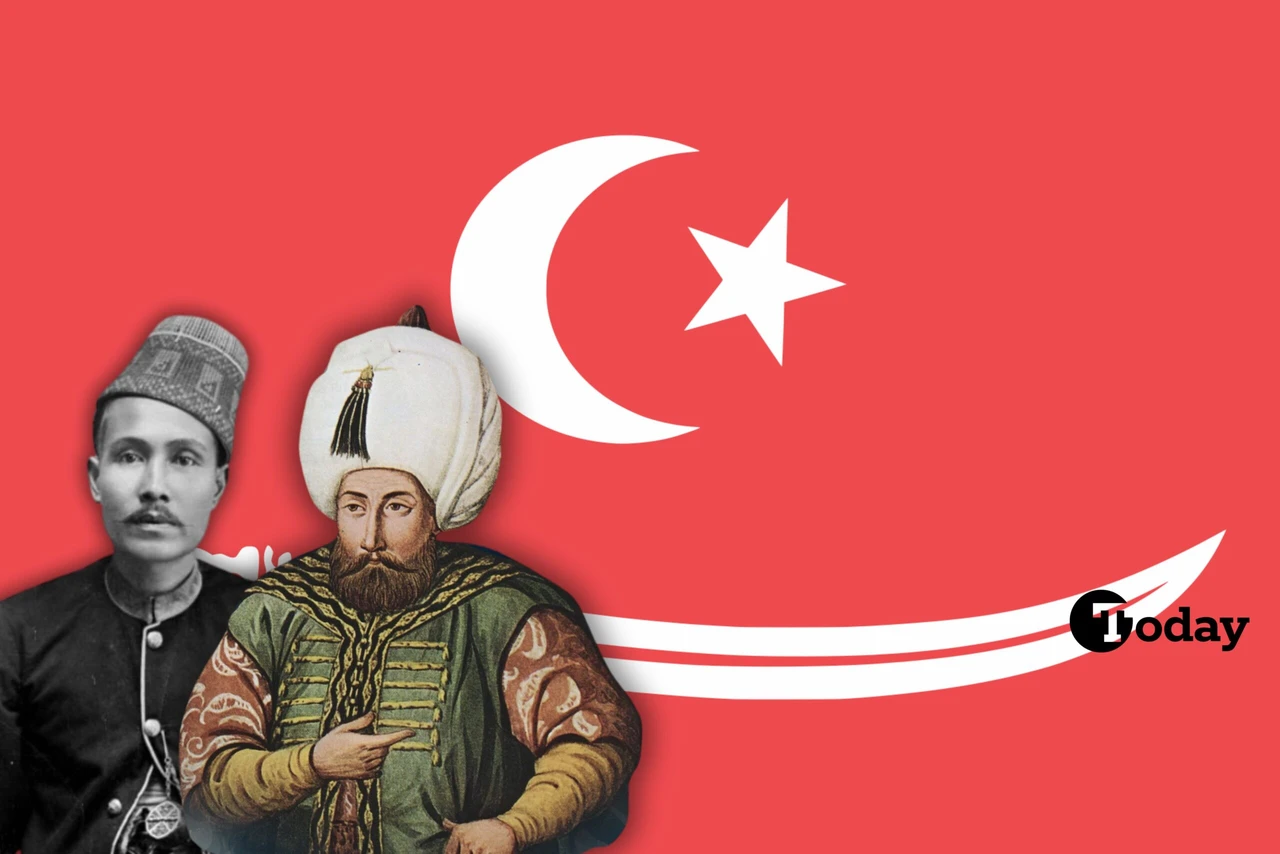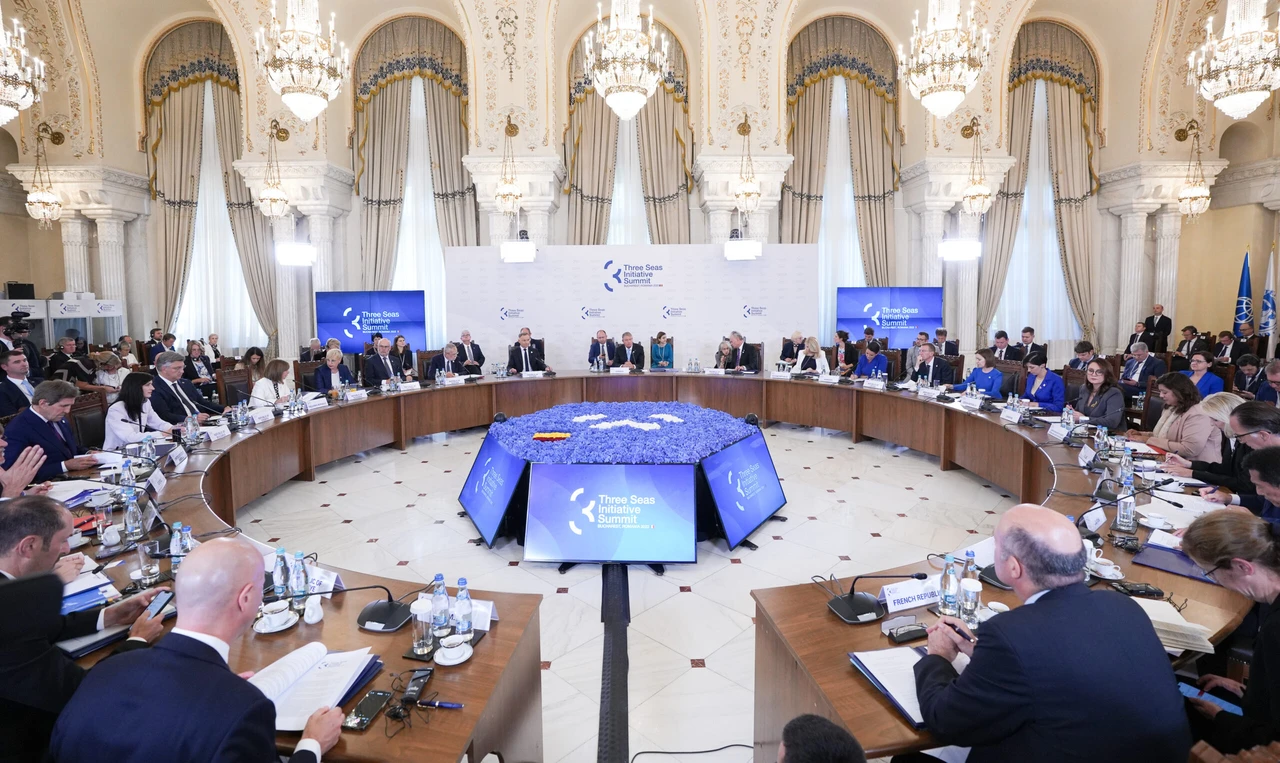ICJ hears accusations of Israel’s ‘genocidal campaign’ against Palestinians
 A demonstrator stands beside a placad reading "Stop the genocide" outside the International Court of Justice as an interrogation on Israel's humanitarian obligations towards Palestinians takes place at the International Court of Justice, in The Hague on April 28, 2025. (AFP Photo)
A demonstrator stands beside a placad reading "Stop the genocide" outside the International Court of Justice as an interrogation on Israel's humanitarian obligations towards Palestinians takes place at the International Court of Justice, in The Hague on April 28, 2025. (AFP Photo)
At the International Court of Justice (ICJ) hearings, accusations were raised that Israel is deliberately carrying out a “genocidal campaign” against Palestinians in Gaza, a situation that has drawn global attention and may profoundly impact international law.
Court proceedings focus on Israel’s legal obligations
The ICJ opened five days of hearings to assess Israel’s humanitarian obligations under international law.
The hearings could play a crucial role in determining Israel’s future within the United Nations framework.
During the opening statements, Blinne Ni Ghralaigh, counsel for the Palestinian state, accused Israel of actions that were “antithetical to a peace-loving state” and described its restrictions on the rights of Palestinians as “unprecedented in the history of the U.N.”
Israel has rejected accusations of genocide but submitted oral evidence claiming its decision to end cooperation with the U.N. Relief and Works Agency (UNRWA) in October 2023 was a necessary step because of alleged Hamas infiltration.
Ni Ghralaigh argued that Israel’s actions, including its deliberate obstruction of U.N. humanitarian efforts and its attacks on U.N. officials and property, amounted to a “fundamental repudiation of Israel’s obligations” under the U.N. charter.
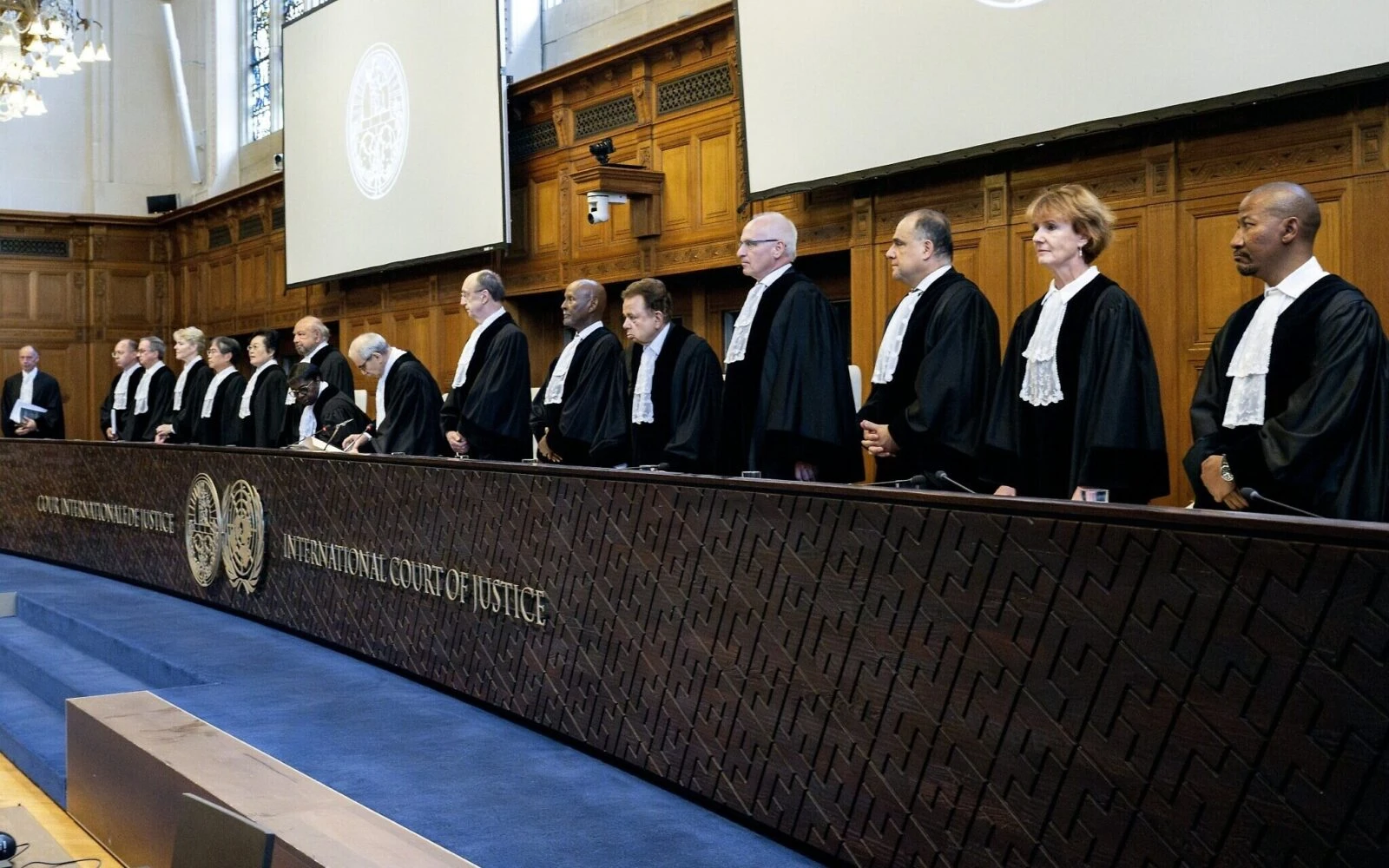
Destruction of Gaza’s infrastructure and humanitarian crisis
Ni Ghralaigh also warned that Gaza was now home to the “largest cohort of child amputees in the world,” and the “largest orphan crisis in modern history.”
She detailed Israel’s continued blockade of Gaza, which has left the population with minimal access to essential services, including food, water, medical care and shelter.
The Gaza Strip has suffered catastrophic shortages of necessities, and reports indicate that Gaza’s civilian population is being systematically starved and displaced.
According to Ni Ghralaigh, Israel is allegedly planning to annex a significant portion of Rafah, a city in Gaza, to its buffer zone.
“Gaza is now a wasteland,” she said, adding that over 15,600 children have been killed, and tens of thousands more have been injured or remain missing. Many of Gaza’s children are so traumatized that they openly express the wish to die.
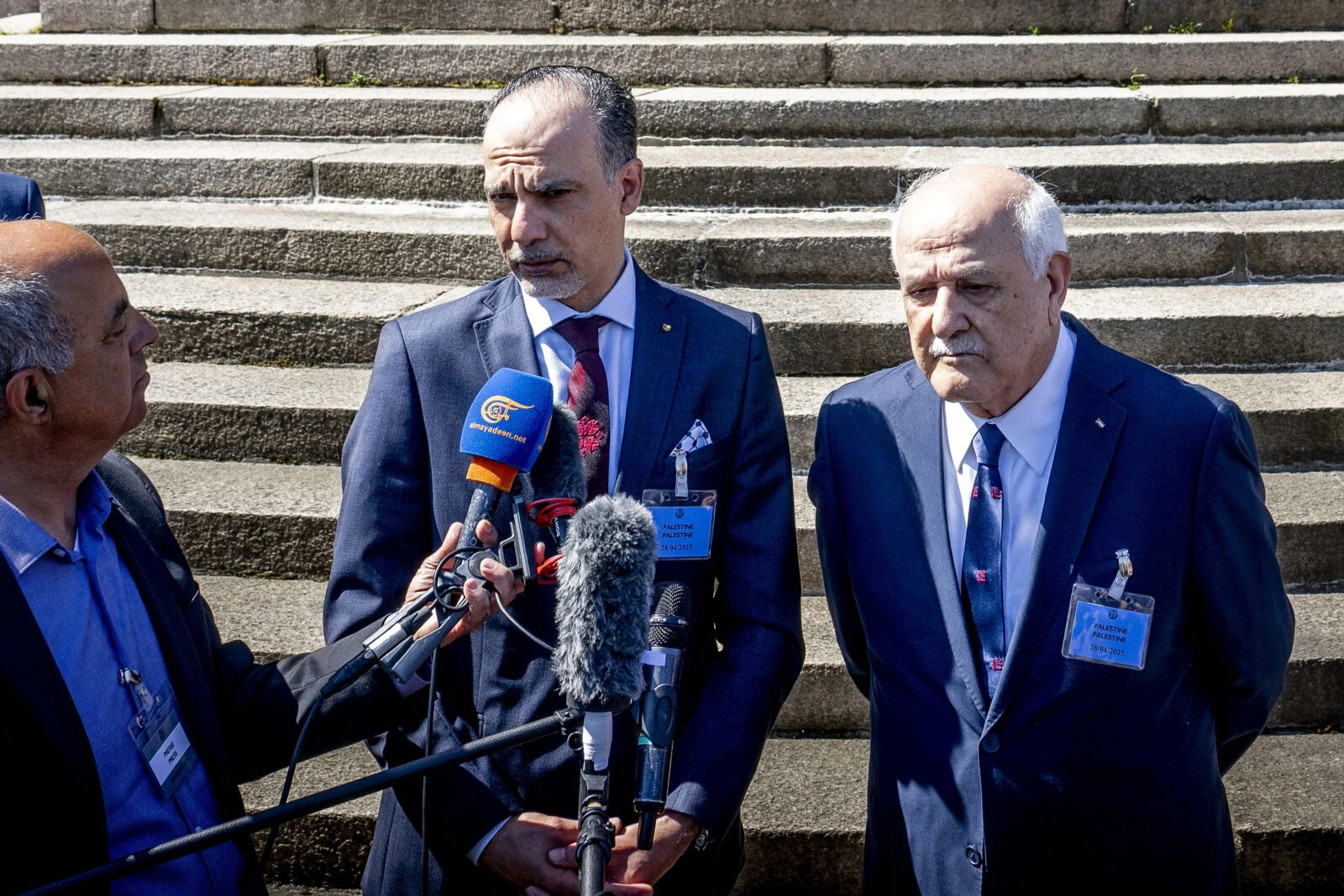
Israel’s alleged violations of UN principles
Elinor Hammarskjold, the U.N. undersecretary-general for legal affairs, defended the immunities of U.N. bodies and stated that Israel has no right to unilaterally reject cooperation with organizations like UNRWA.
She emphasized that Israel’s actions against the U.N. and its subsidiary bodies “threaten the very nature of the U.N.’s work.”
Israel’s policy of non-cooperation with UNRWA, Hammarskjold noted, has forced the agency to suspend its operations in Gaza and the West Bank, exacerbating the humanitarian crisis.
Hammarskjold also highlighted that Israel’s restrictions on aid to Gaza have caused severe consequences, stating, “The basic elements of the legal framework are being jeopardized, and the UN’s ability to fulfill its humanitarian mandates is at risk.”
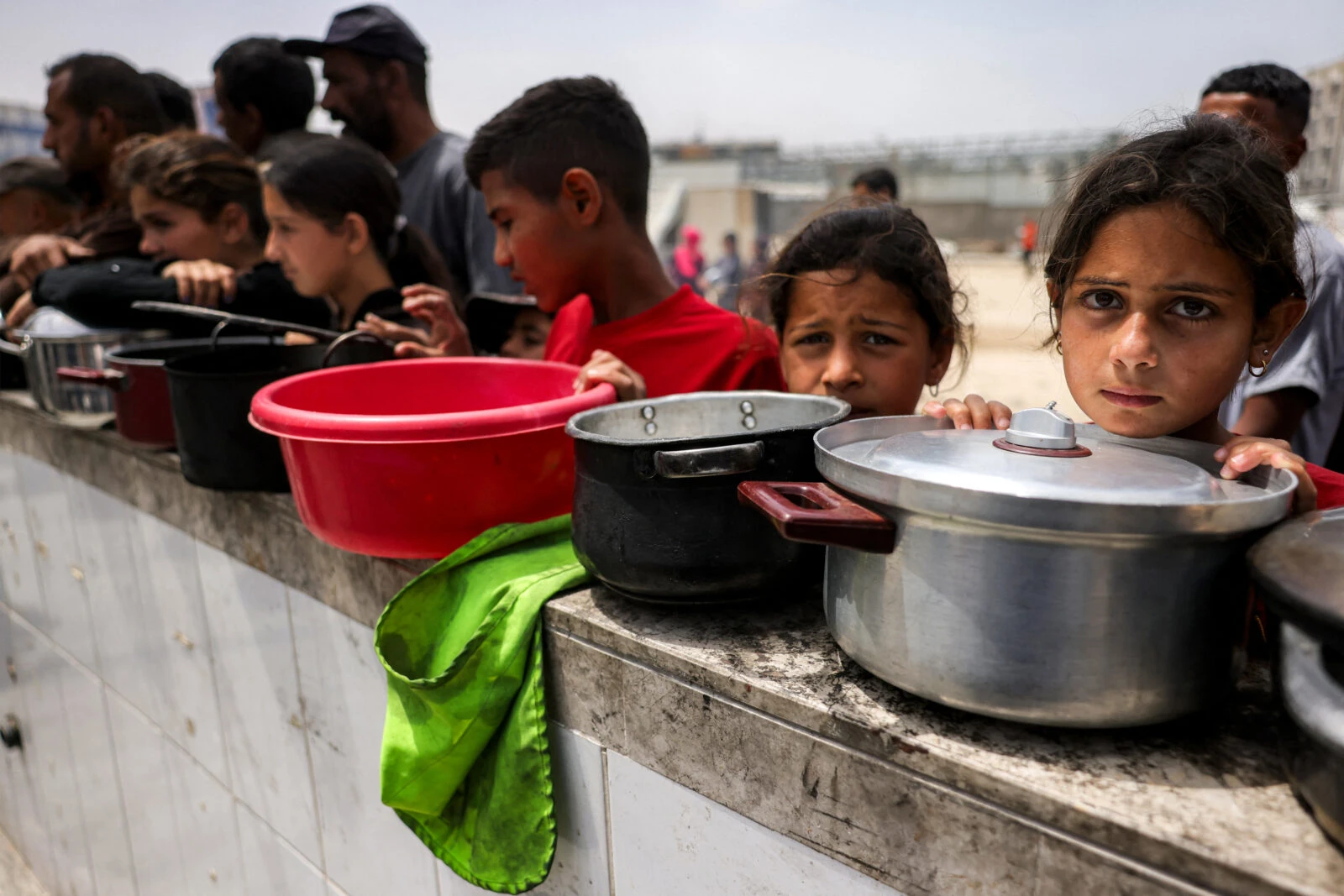
Calls for justice and accountability
Palestinian representatives at the ICJ hearings demanded justice for the humanitarian violations committed by Israel, with Paul Reichler, representing Palestine, describing Gaza as “a killing field” where civilians are trapped in an “endless death loop.”
Reichler called Israel’s actions “a deliberate choice” to starve and kill Palestinians, urging the international community to intervene.
He further criticized Israel’s “systematic policies” of forced displacement and the targeting of humanitarian aid workers, calling these violations “unacceptable under international law.”
In a striking statement, he stressed that “this human tragedy is avoidable and reversible,” emphasizing the need for international action to end the siege of Gaza and allow the flow of aid.
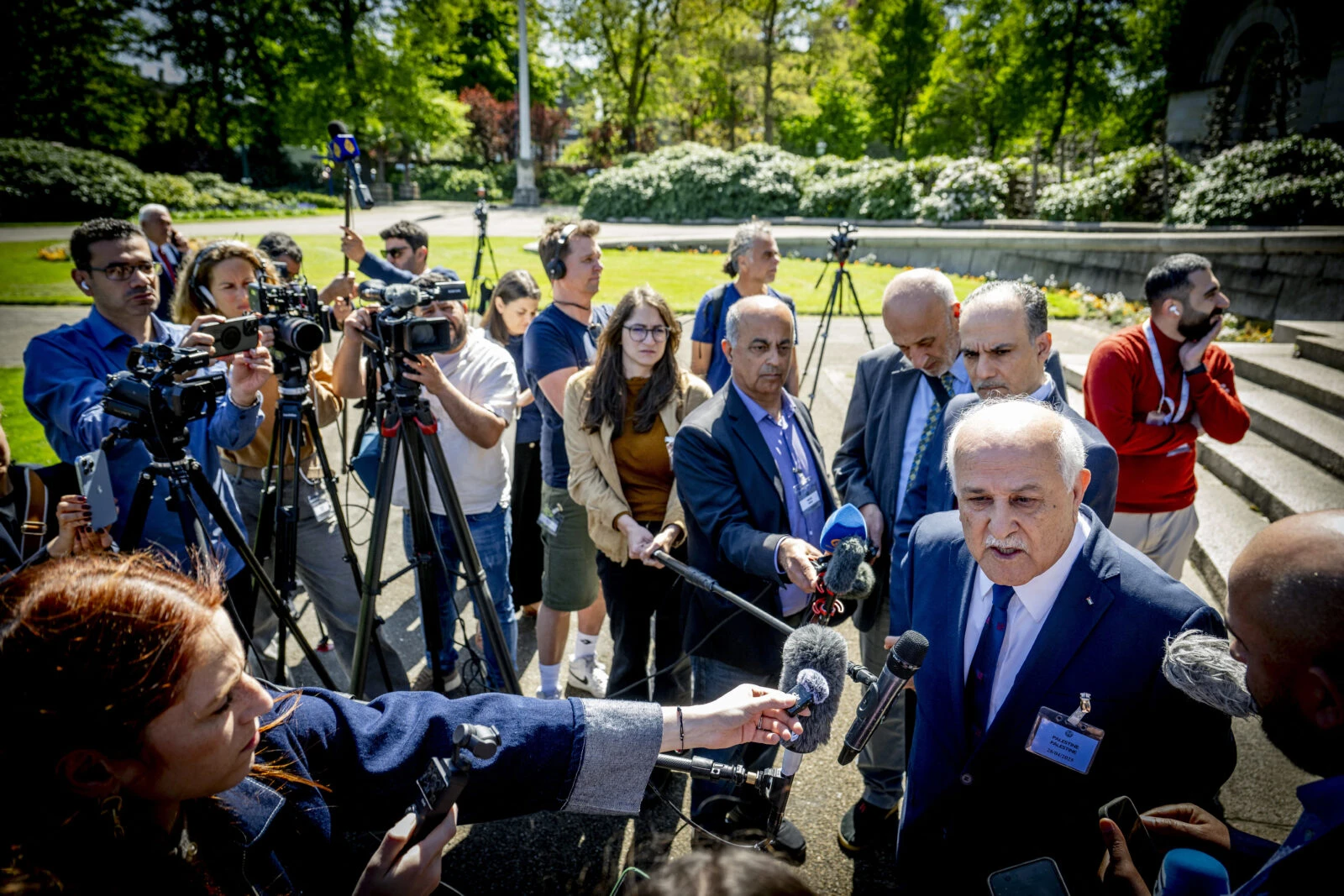
Türkiye’s participation in ICJ hearings
Türkiye’s Deputy Foreign Minister Nuh Yilmaz is expected to address the ICJ on Israel’s legal obligations toward Palestinians on Wednesday.
The country is participating in the hearings alongside 44 other nations and international organizations. Türkiye co-sponsored the U.N. General Assembly resolution that led to the request for an advisory opinion from the ICJ.
The hearings are expected to last until May 2, with representatives from 40 countries, including South Africa, Brazil, and Egypt, scheduled to present their statements.
Israel is not participating in the oral proceedings but has submitted written evidence.
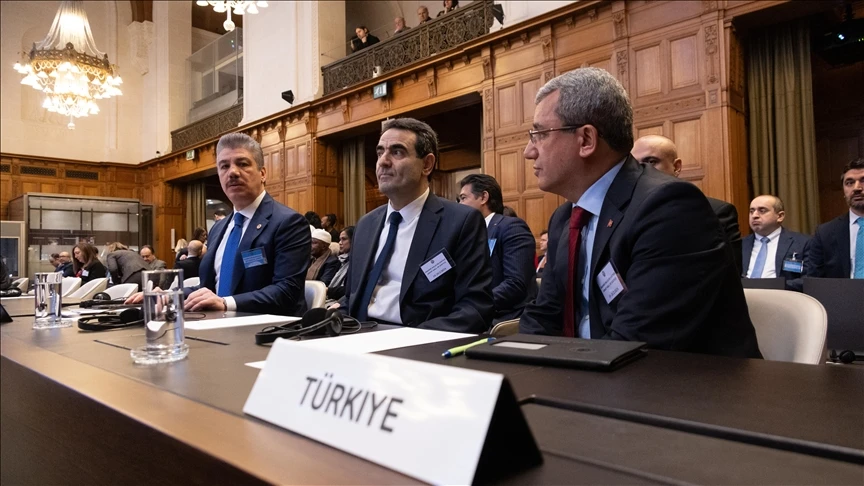
International legal implications
The ICJ’s ruling, though advisory and non-binding, could have profound implications for international law and Israel’s position within global institutions.
Experts suggest that the outcome could shape future legal obligations for Israel, especially regarding the provision of humanitarian aid and the rights of Palestinians.
The court’s decision could also influence public opinion globally and affect international aid to Israel.


